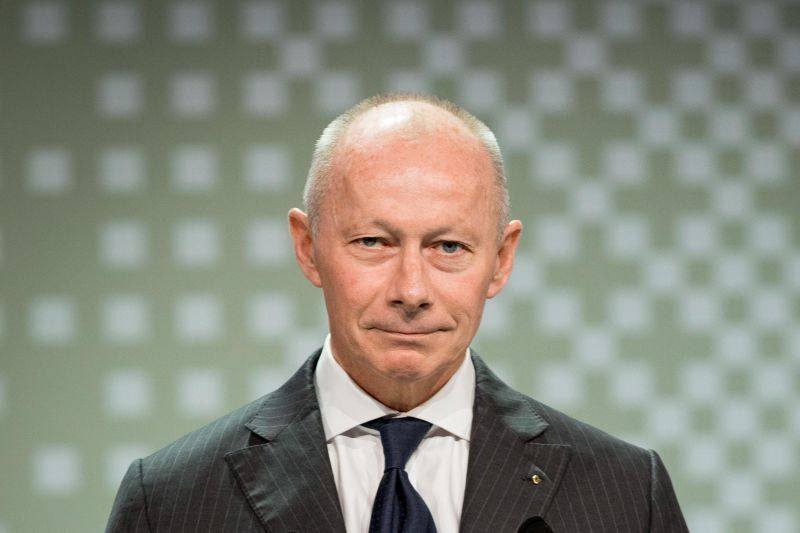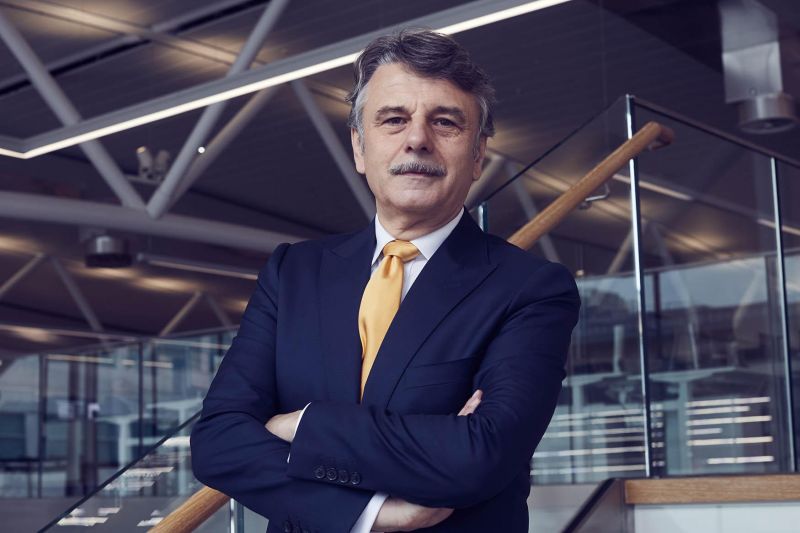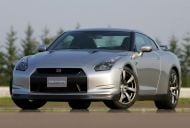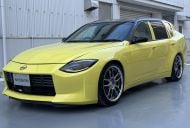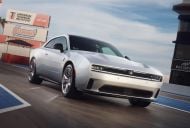Thierry Bollore will be the new chief executive officer (CEO) of Jaguar Land Rover from September 10, 2020.
Bollore was most recently the CEO of the Renault Group. He was appointed to that role at in January 2019 to replace Carlos Ghosn, who was arrested a few months earlier in Japan on multiple financial misconduct charges.
Just 10 months later Bollore was removed as CEO. Industry talk at the time indicated Bollore was ousted due to his close association with Ghosn and his poor relationship with Nissan, Renault’s Alliance partner.
During his short tenure as the head of Renault, Bollore negotiated a merger of equals with Fiat Chrysler (FCA). This deal fell apart when the French government sought Nissan’s blessing for the union, a request the Japanese automaker baulked at.
Eventually FCA went on to sign a merger agreement with French rivals the PSA Group, which controls the Peugeot, Citroen, DS, Opel and Vauxhall brands. This newly merged automaker, to be known as Stellantis, is expected to come into being some time in 2021.
Bollore was with Michelin for 15 years, where he rose to become the head of its aircraft division. He moved to French automotive supplier Faurecia in 2005. There he had many senior roles, including head of marketing, research and development, purchasing and strategy.
Joining Renault in 2013, Bollore was director of manufacturing, supply chain and competitiveness before becoming chief operating officer (COO) in 2018.
Bollore will take over from Ralf Speth, who announced his intention to resign earlier this year but stayed on in the interim as Tata, Jaguar Land Rover’s owner, looked for new CEO.
Speth will remain with the automaker in the role of non-executive vice chairman.
During his 10 years in charge of Jaguar Land Rover, Speth oversaw a rapid expansion in the company’s range of vehicles, including new Range Rover models, and the addition of crossovers to Jaguar’s lineup.
Sales and profits grew steadily before going into reverse due economic and quality control problems in China, as well as Brexit uncertainty and the growing unpopularity of diesel engines in Europe.

